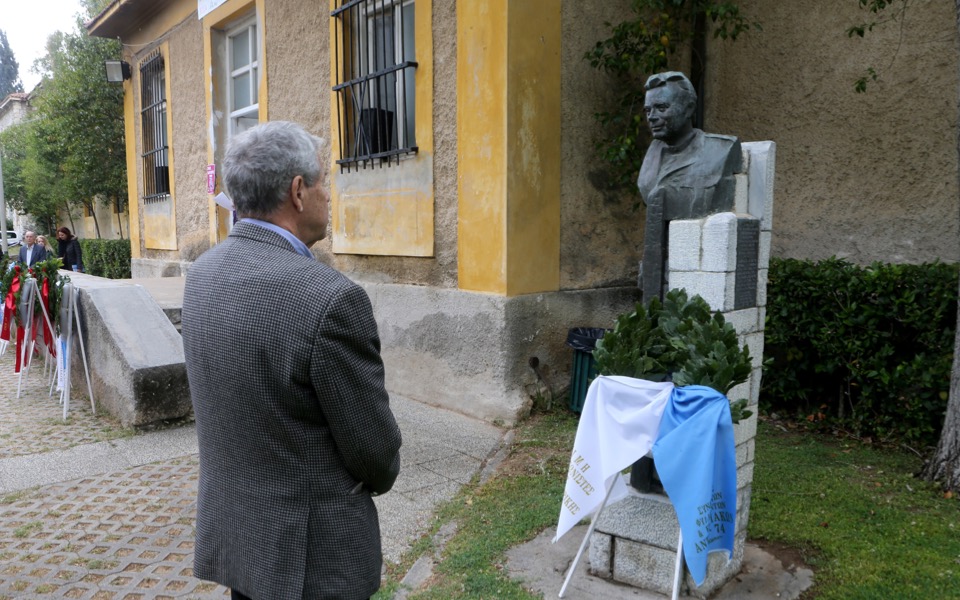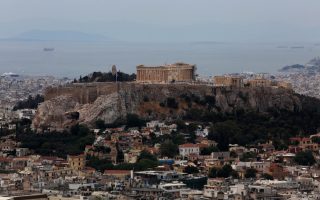The thin line between democracy and autocracy

Anniversaries are an opportunity for many things – and nothing at the same time. They can sometimes cause us anxiety, but also make us revisit and reevaluate situations.
What do freedom and tyranny mean? How does authoritarianism pose as democracy? And how does democracy stoop to autocracy?
You would say the answers to these questions are a given.Yes and no. Yes because we talk a lot, and no because we think too little.
If the answers to the questions above are a given, then we run the risk of being weighed down by too many words. If the answers are not a given, then we are prevented from keeping the emotional distance needed in order to assess the situation.
It’s been exactly 50 years since that that ill-starred day when democracy in Greece was overthrown by a military coup, on April 21. The junta found a foothold in Greek society, as it tolerated the colonels and basically remained silent. A large proportion of the country shrank from the occasion as it was subdued by its petit-bourgeois insecurities and a sense of not wanting to rock the boat.
Besides, most people at the time enjoyed a tolerable life.
Those that did decide to react against the dictatorship – and were tortured for their troubles – were later rewarded on a political or professional level, or simply withdrew from the scene without receiving any praise. There are still many people who are nostalgic for those days: Those that shout it out loud, insisting that Greece “needs a [Georgios] Papadopoulos” (the colonel who headed the junta), and those who only gradually reveal their true colors during a conversation.
Greece is at a crucial juncture. How many people would greet another “guardian of the nation” if he vowed material benefits and security? Indeed, how bothered would people be at the demise of the country’s democratic institutions? Or by a situation when power is abused, the goalposts are constantly being shifted and red lines crossed. Or by the vulgarity of over-stated nationalism?
The modern representatives of authoritarianism are cynically making the best use of social media – otherwise a great tool in the pursuit of freedom and pluralism – which have facilitated the spread of fake news. Dictators need fertile ground to act. Grabbing power is one side of the story, but perhaps not the scariest part. Tyranny becomes entrenched when people are reconciled with this seizure of power and when deviation from democratic principles appears tolerable.





